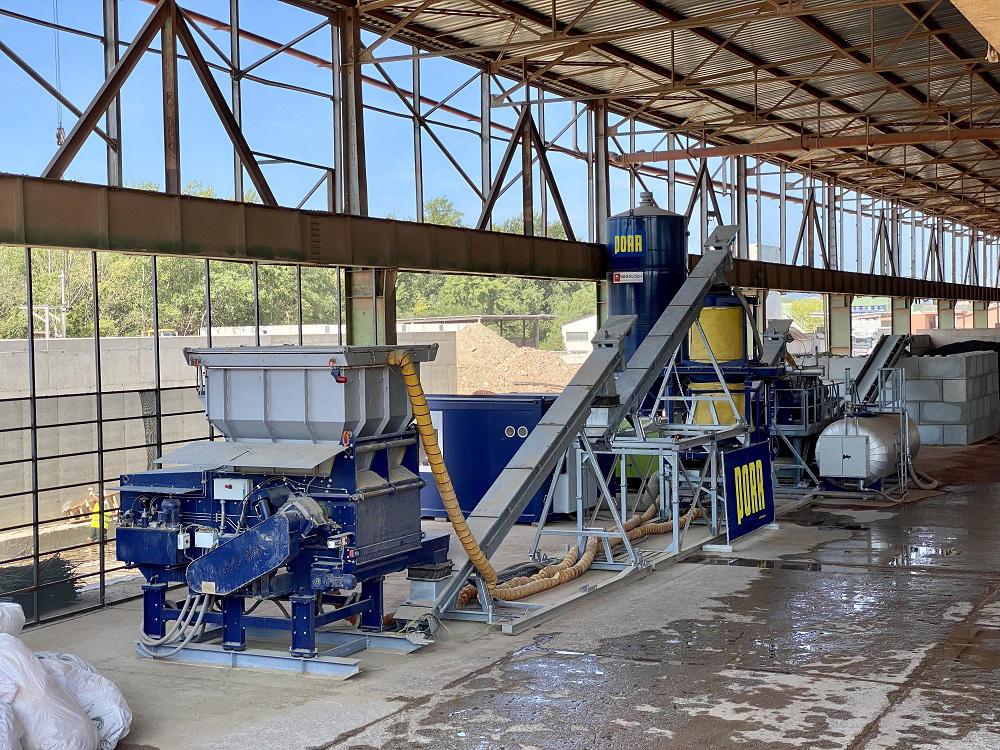BitKOIN project aims to transform mineral wool waste into sustainable cement binder
In a significant initiative for sustainability, PORR has launched the BitKOIN project in collaboration with leading companies such as Holcim, Rohrdorfer, and Saint-Gobain, alongside the University of Leoben and Graz University of Technology. This project focuses on researching the recycling of mineral wool waste as an environmentally friendly substitute for blast furnace slag, ultimately serving as a CO2-reduced binder in cement production.
Mineral wool is a widely used insulating material in building construction, known for its low density and unique properties. However, its difficult compressibility leads to rapid landfill accumulation, causing instability. Starting January 1, 2027, the disposal of artificial mineral fibres (AMF), including mineral wool waste, will be banned in landfills throughout Austria.
“This is why PORR has initiated the BitKOIN research project with industrial partners,” stated Karl-Heinz Strauss, CEO of PORR. “The mineral wool waste, which can be hazardous, will be transformed into a non-hazardous, CO2-reduced additive for cement production. This marks a major advancement for the circular economy in construction.”
Under the guidance of the Chair of Waste Processing Technology and Waste Management at the University of Leoben, the team aims to develop a substitute for granulated blast furnace slag, dubbed “Slag Sand 2.0,” using mineral wool. With the iron and steel industry’s ongoing decarbonisation and a shift away from the blast furnace route, the production of granulated blast furnace slag is expected to decline in the coming years.
The process involves thermally treating mineral wool waste in combination with other residual materials to create synthetic granulated blast furnace slag. This innovative approach is anticipated to significantly reduce overall emissions in the binder industry.
Preliminary tests are currently underway at the Chair of Thermal Process Engineering at the University of Leoben to formulate the optimal recipe for this new binder. PORR’s role in the BitKOIN project includes collecting crucial data on mineral wool waste generation, as limited information currently exists. The company is also pivotal in the processing and shredding of mineral wool waste at its Recycling Center Himberg (RCH), providing processed samples for research testing.
“With the BitKOIN project, we are taking a crucial step toward sustainable waste recycling,” Strauss emphasized. “Together with the University of Leoben and our industry partners, we are pioneering new methods for utilizing mineral wool waste, actively contributing to a CO2-reduced future.”









